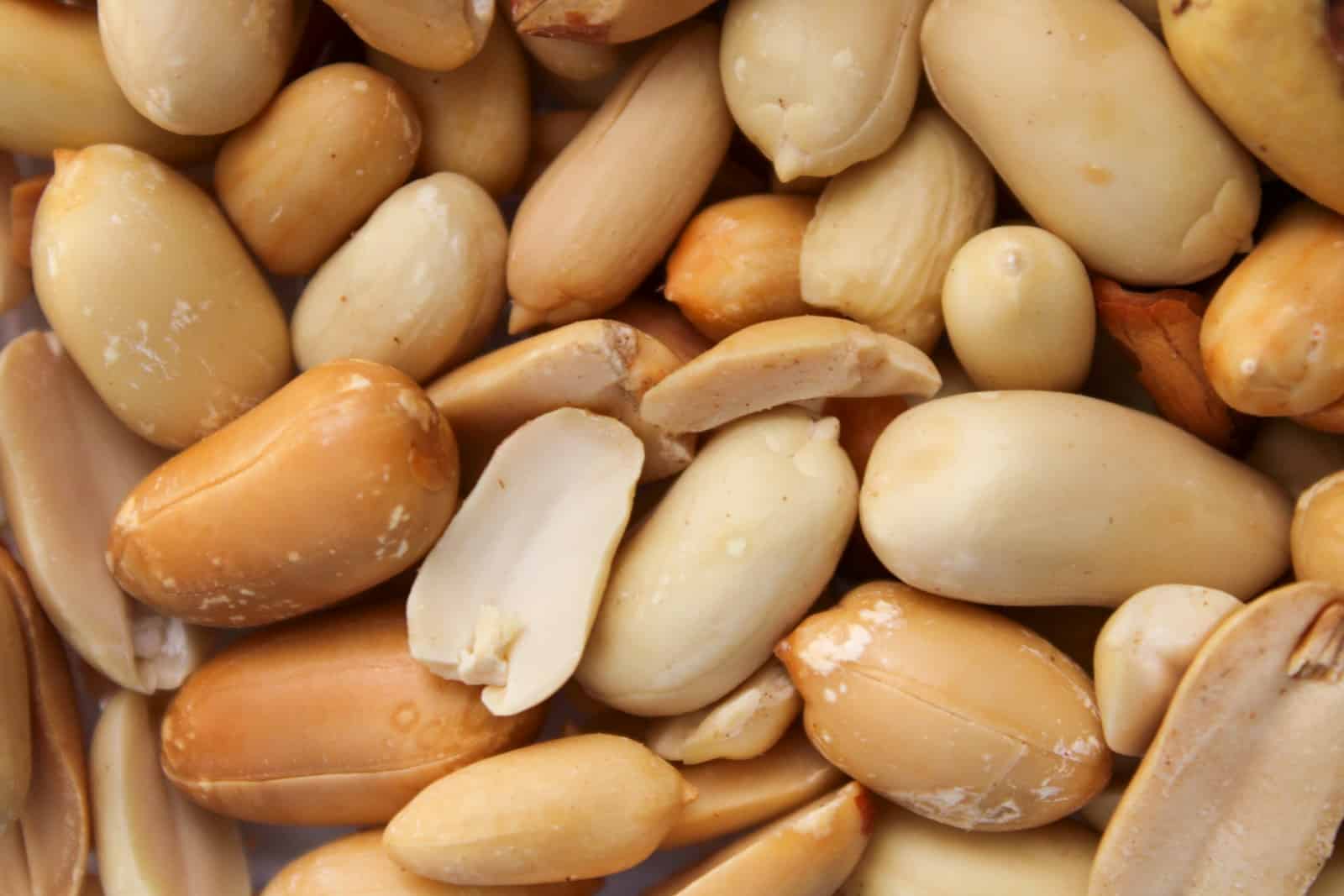For several years, the widespread belief among parents was to hold off on giving peanut butter to children until they reached toddlerhood. This cautious approach stemmed from fears that even a small amount could provoke severe allergic reactions. However, recent research is reshaping this understanding and offering new insights for families.
A groundbreaking study, which examined over 125,000 children across the United States, has found that introducing allergenic foods—especially peanuts—early in life may foster tolerance in infants. The results, published in Pediatrics, indicate a significant 36% reduction in overall food allergies, with peanut allergies specifically declining by 43%. This shift represents a ray of hope for many families, suggesting that many children could evade severe allergic reactions in the future.
This fresh perspective brings forward some of the most exciting developments in child health seen in decades, supplying parents with research-based approaches to help reduce the risk of food allergies. Below, we explore expert recommendations for safely introducing peanuts to your baby, making mealtime less stressful and more enjoyable.
How to Introduce Peanuts Safely
Introducing peanuts to your baby may seem intimidating, but it doesn’t have to be overwhelming. The key lies in taking your time and allowing your child’s immune system to build a healthy relationship with a variety of foods.
When to Start:
Experts generally recommend introducing peanut-containing foods around 4 to 6 months of age, provided that your baby shows signs of readiness for solids. Indicators include good head and neck control, interest in food, and the ability to sit up with some support.
How to Serve Peanuts:
- Stir, don’t scoop: Mix a pea-sized portion of smooth peanut butter with warm water, breast milk, or formula to create a thinner consistency. This mixture can be added to oatmeal, yogurt, or blended into a favorite puree.
- Try peanut powder: Incorporate a small pinch into fruit or vegetable purees for an easy introduction.
- Offer peanut puffs: For older infants ready for finger foods, peanut puffs (similar to Bamba) can be softened with water or breast milk.
- Avoid choking hazards: Whole peanuts or thick clumps of peanut butter should never be given, as they pose a serious choking risk. Focus on smooth, thin textures for safety.
Frequency: Offer small amounts of peanuts a few times a week to help your baby’s immune system build tolerance.
High-risk babies: For infants with severe eczema or known egg allergies, it’s important to consult with a pediatrician or allergist before introducing peanuts. In certain cases, this can be done in a clinical environment.
Watch for reactions: If you notice any symptoms such as hives, vomiting, coughing, wheezing, or swelling, seek immediate medical attention.
How Early, Informed Peanut Introduction Can Protect Your Baby
While the study doesn’t establish a direct cause-and-effect relationship, it aligns with a decade’s worth of research suggesting that early exposure to allergenic foods can help train the immune system and consequently lower the risk of food allergies.
The essential message for parents is straightforward: starting with cautious, small introductions, guided by a healthcare professional and closely monitored, can significantly impact your child’s health.
A 2023 survey cited in Pediatrics revealed that only 17.2% of caregivers introduced peanut-containing foods to their infants before the age of 7 months. Moreover, many pediatric visits overlook conversations about early allergen introduction, highlighting a significant gap in awareness. This suggests that numerous families are missing critical learning opportunities during a vital window for dietary interventions.
Such insights underline the importance of educating parents on the benefits of early allergen introduction, ensuring families receive the guidance they need.
A New Chapter for Parents and Babies
Each generation of parents brings new insights that can profoundly affect child-rearing practices. For many years, families have approached peanuts with caution due to fears of adverse reactions. However, emerging evidence indicates that gentle early exposure could provide strong protection against later allergies.
At the heart of every feeding experience lies a common goal: ensuring our children grow up safe, nourished, and thriving. With the latest research at our fingertips, parents can now approach this vital task with enhanced confidence and reduced anxiety.



































